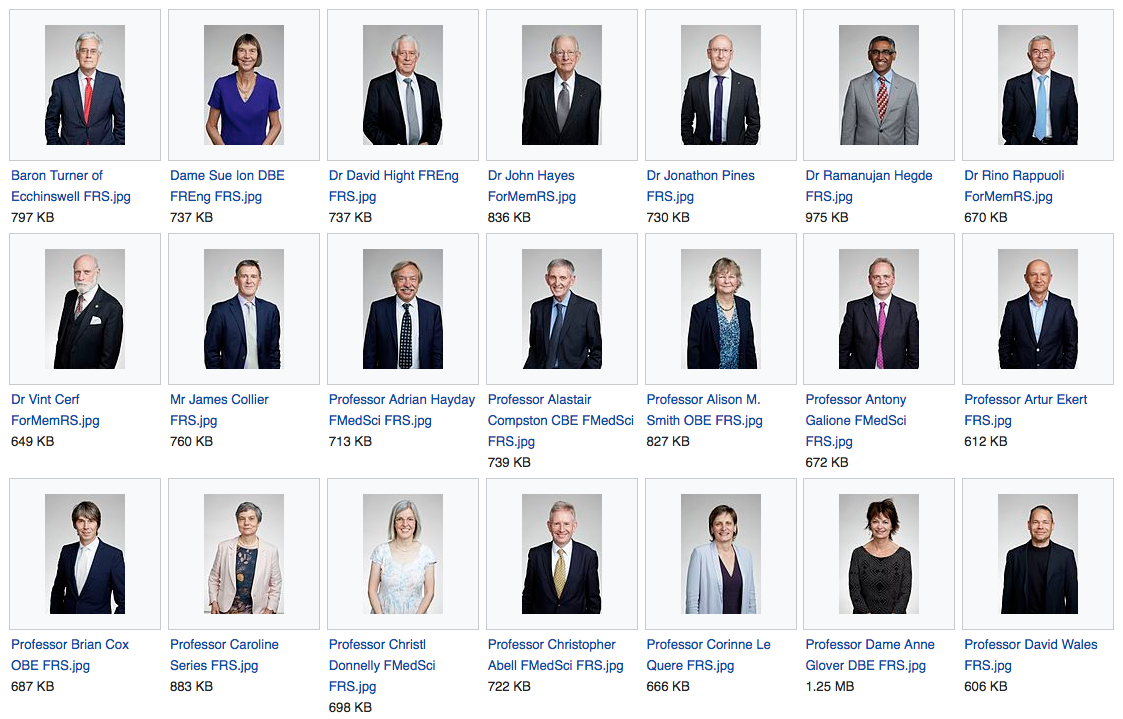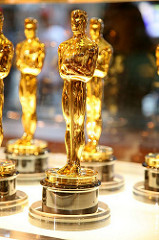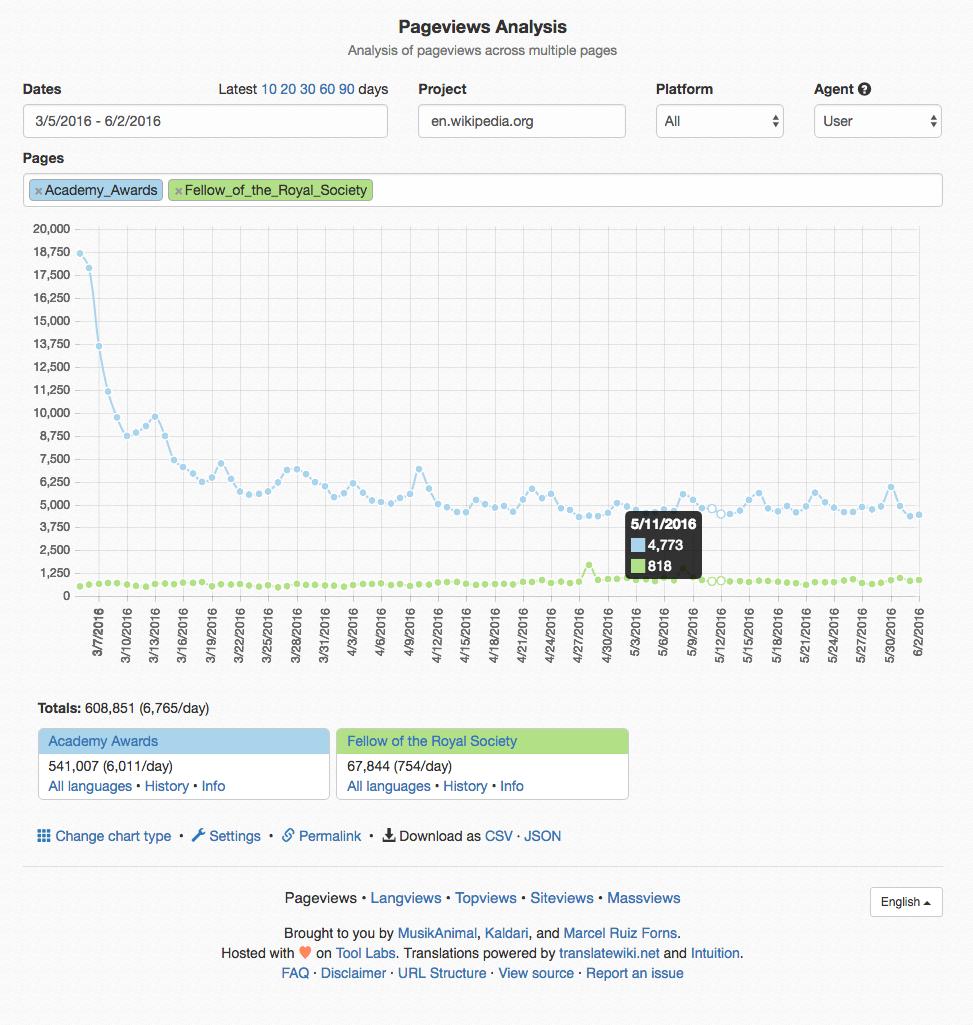A paper published earlier this year [1] has some fascinating insights into biographies of people in Wikipedia from 3500 B.C. to 2016, such as the birth to death flows pictured above. From the abstract
A new strand of literature aims at building the most comprehensive and accurate database of notable individuals. We collect a massive amount of data from various editions of Wikipedia and Wikidata. Using deduplication techniques over these partially overlapping sources, we cross-verify each retrieved information. For some variables, Wikipedia adds 15% more information when missing in Wikidata. We find very few errors in the part of the database that contains the most documented individuals but nontrivial error rates in the bottom of the notability distribution, due to sparse information and classification errors or ambiguity. Our strategy results in a cross-verified database of 2.29 million individuals (an elite of 1/43,000 of human being having ever lived), including a third who are not present in the English edition of Wikipedia. Data collection is driven by specific social science questions on gender, economic growth, urban and cultural development. We document an Anglo-Saxon bias present in the English edition of Wikipedia, and document when it matters and when not.
There’s lots more insights here, such as gender bias over time. One of the authors tells me the paper is a result of more than eight years of work!
References
- Laouenan, M., Bhargava, P., Eyméoud, JB. et al. (2022) A cross-verified database of notable people, 3500BC-2018AD. Sci Data 9, 290 DOI: 10.1038/s41597-022-01369-4

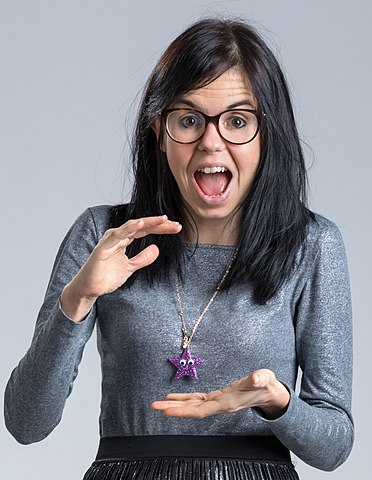
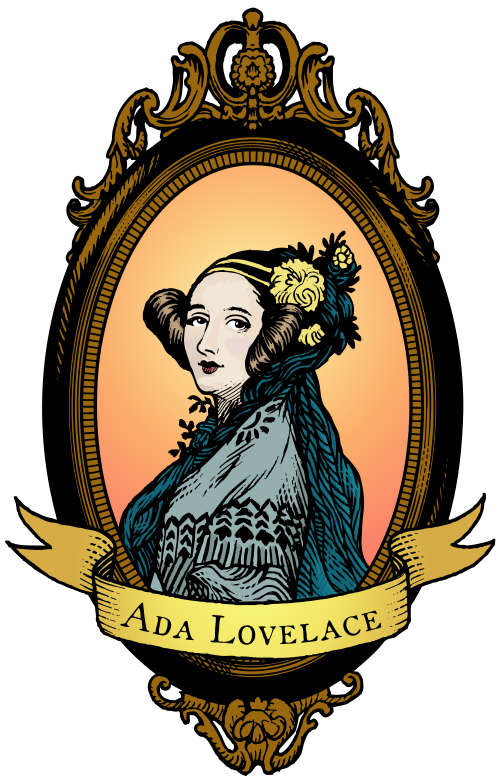 To celebrate the work of the world’s first software engineer,
To celebrate the work of the world’s first software engineer, 